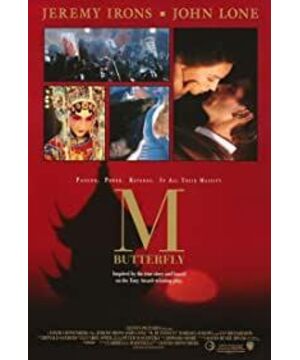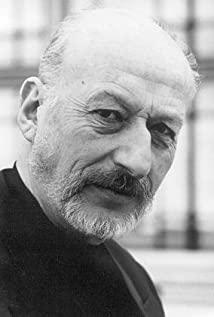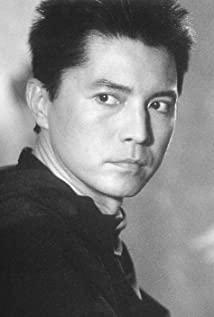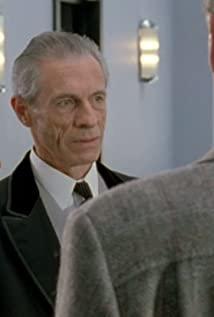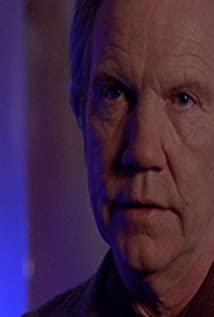Thirty years later, an old movie can still beat a lot of movies in the present, which is really a classic.
The background of the first half of the film is China during the Cultural Revolution. The Cultural Revolution is depicted from the perspective of foreigners, and Gallimard's mouth expresses the views of foreigners on the Chinese in that era. Slavery is the side that Galima sees deeply into the people, and it is also the side that Song tries to show him. But these depictions are only superficial sketches of a chaotic China.
Zunlong's acting skills are really amazing, he doesn't say seductive words, doesn't tempt the truth, just his eyes make people willing to follow him, hopelessly want to get him.
Those dream-like experiences made Galima unwilling to wake up. When she saw Song in men's clothing in court, Galima's eyes did not reveal any doubts, but they were extremely calm. Perhaps it wasn't until the moment when Song presented the truth naked in the prison car that he finally woke up and his self-deception trick was finally shattered.
Love is too extravagant, people spend their whole life looking for love, driven by love, but willingly. Fortunately, the prototype of Galima in reality is still alive and well in this world, and they are much luckier than the tragedy presented in the movie.
View more about M. Butterfly reviews


